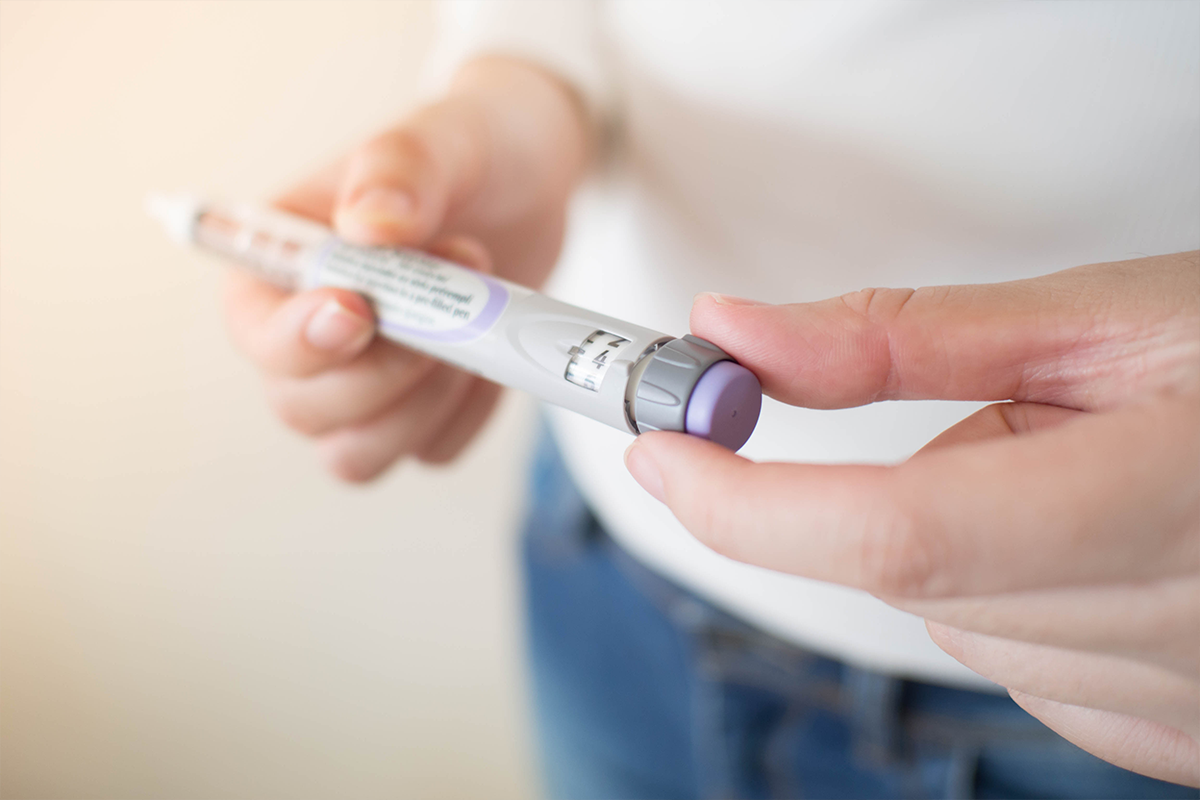Advertisement
Insulin Resistance & Cardiovascular Disease
Too much of a good thing?

Cardiovascular disease is the leading cause of death worldwide. For decades, cholesterol has been vilified as the key factor driving heart attacks and strokes. While new drugs can drastically reduce LDL (bad) cholesterol, studies suggest that lives are not being saved by this approach. A paradigm shift is underway, and refined carbohydrates, sugar, and insulin resistance are emerging as key threats to heart health.
Advertisement
The role of insulin
Insulin is an essential hormone that escorts glucose molecules from our circulation into body cells. Insulin-resistant cells can’t respond to the knock of this hormonal chaperone on their walls. In a futile attempt to knock louder, the pancreas produces more insulin, but the signal is not received. Blood glucose levels continue to rise, progressing over time to type 2 diabetes.
While serious, diabetes is not the only consequence of insulin resistance. Infertility, metabolic syndrome, polycystic ovarian syndrome, liver disease, and some cancers are all linked with disturbed insulin function. Although death from cardiovascular disease is three times as likely in diabetics, insulin resistance alone will double one’s risk.
Advertisement
Insulin resistance—3 strikes to the heart
If insulin helps our bodies to function, why is too much of this hormone so harmful? High insulin levels deal three strikes to our bodies by
- causing direct cellular damage to the cardiovascular system
- prompting changes to blood vessels, encouraging plaque formation
- fuelling cholesterol production and increasing blood pressure
Advertisement
What causes insulin resistance?
Insulin resistance is linked to obesity and a sedentary lifestyle. Sugar is also a suspect, but weight gain caused by high-sugar diets may be the true culprit. Men are at slightly higher risk owing to their tendency to deposit extra weight around their abdominal organs. Other contributors are sleep apnea, poor sleep quality, psychological stress, environmental pollutants, and possibly even artificial sweeteners. Inflammation may add additional fuel to the fire.
Take your running shoes on vacation. Just two weeks away from regular exercise can have negative effects on your insulin levels.
Advertisement
How is it treated?
Simply addressing the factors above will improve your body’s response to insulin (also called “insulin sensitivity”). In people who are obese or overweight, weight loss sensitizes tissues to the message of insulin, lowering blood sugar and insulin levels. If you have been prescribed a CPAP (continuous positive airway pressure) machine, wearing it nightly may improve your insulin response.
Studies continue to investigate the most insulin-sensitizing forms of exercise, but while the scientists sort it out, get moving in any way that pleases you. Higher intensity exercise is likely most beneficial, but simply breaking up inactive periods with intermittent movement will help.
Advertisement
Dietary influences
Following a Mediterranean-style diet seems to improve insulin sensitivity while protecting the heart through lowering cholesterol, blood pressure, weight, and systemic inflammation. While questions remain about the benefits or risks of alcohol, dairy, and grains on this plan, a plant-heavy diet packed with fibre, nuts, and antioxidant-rich foods should support proper insulin function. Legumes such as peas, lentils, and chickpeas are also important players, inspiring some of us to quietly sing, “Beans, beans, they’re good for your heart” before stopping abruptly.
Advertisement
What about supplements?
Key supplements could be considered in combination with a targeted diet and exercise plan and with the guidance of a qualified health care practitioner (see below).
Vitamin D insufficiency has been implicated in insulin resistance. A 2019 meta-analysis found that vitamin D and calcium improved insulin levels when taken in combination.
Berberine, a bright yellow compound found in goldenseal and Oregon grape, is another promising agent. In research involving people with metabolic syndrome, berberine improved insulin levels while reducing blood pressure, waist measurements, and triglycerides. In another study of diabetics, berberine increased insulin receptor expression, possibly explaining how it improves insulin sensitivity. Another plant extract, curcumin, may act on inflammatory molecules to reduce insulin resistance.
Zinc, found in everything from diaper cream to multivitamins, may also lower insulin and blood sugar levels. Prediabetics taking just 20 mg of zinc per day improved insulin measurements and cholesterol levels and were less likely to progress to diabetes. Ongoing research into myo-inositol and magnesium may reveal additional options for improving insulin management.
While insulin is essential for our survival, too much of a good thing may have dire consequences for our heart and overall health.
Supplements to consider
Consult your health care practitioner to discuss whether these supplements, and their doses, are right for you.
| Supplement | Dose |
| vitamin D and calcium | 2,000 IU and 1,000 mg per day, respectively |
| berberine | 500 mg, 3 times per day before meals |
| zinc | 20 mg per day |
| curcumin | 180 mg per day |
| myo-inositol | 4 g per day (in women with polycystic ovary syndrome) |
| magnesium | 250 mg per day |





